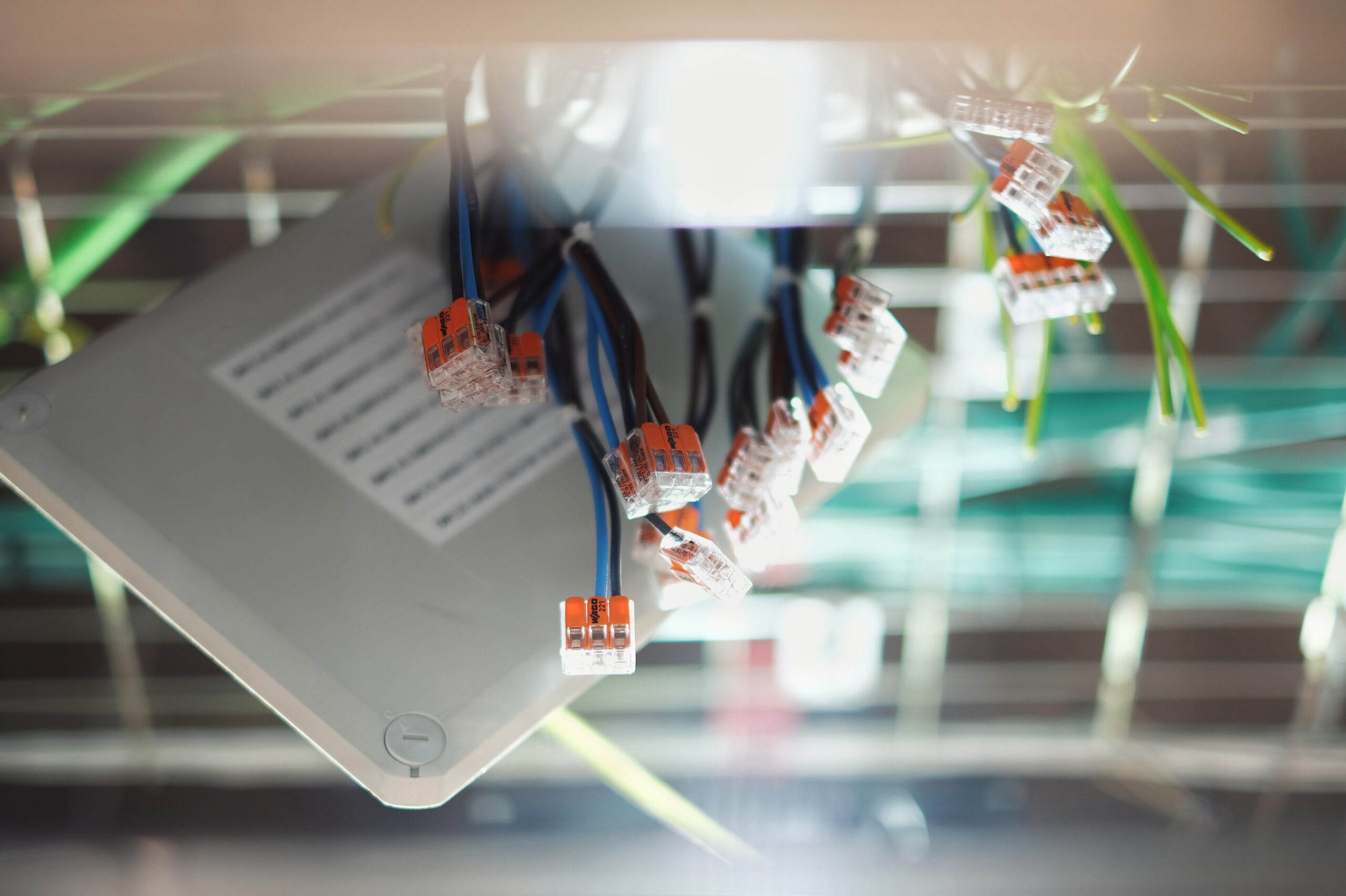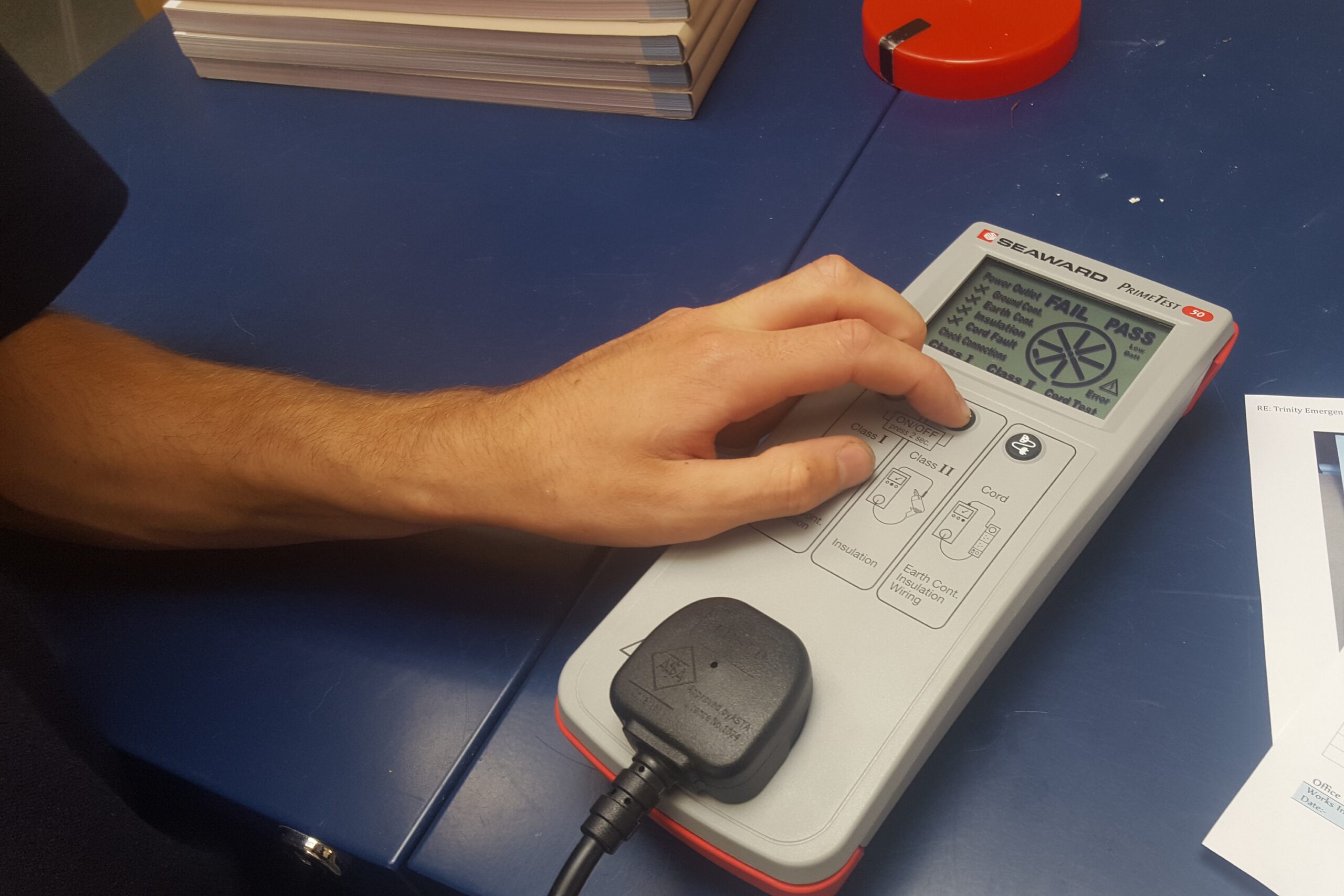CHP services
Combined heat and power (CHP), or cogeneration, is a more efficient way to supply heat & power to buildings, avoiding network losses and reducing emissions. CHP utilises the heat produced as part of generating energy, using it for – you might have guessed – heating. The term “CHP services” includes programming, maintenance and repair, and also fitting replacement parts.
CHP plants for the future
Ian Hopkins is a director of ENER-G Combined Power, which has delivered more than 50 CHP-led energy services contracts within the healthcare sector. Hopkins states that “the energy cost and carbon-saving benefits of combined heat and power are difficult to match where there is a large heating/cooling demand over extended periods”. For the past 30 years, ENER-G has designed and manufactured CHP systems at its global headquarters and R&D centre in Salford.
CHP – effectively an engine and alternator – allows organisations to control their own energy generation and use, and even make profits by selling the excess back to the National Grid. CHP is best suited to large properties or sites which use a lot of energy. Hospitals, schools, hotels and industrial businesses would all be well-advised to investigate the benefits of cogeneration.
CHP servicing and repair
CHP systems, like any other, can fall foul of maintenance issues stemming from heat, vibrations, moisture and leaks. Systems should be checked daily to ensure smooth operation, and inspected periodically by somebody qualified in CHP engineering.
Inspection and servicing typically includes checking battery condition, spark plugs, oil/air filters and engine oil itself, calibrating & adjusting valve settings and verifying emissions testing.
Regular CHP services will safeguard your finances against the outlay of repair bills and replacement costs, as well as ensure the system is working hard for your pocket. To invest in CHP and scrimp on servicing equates to throwing money down the drain. Conversely, the relatively low cost of regular servicing is likely to pay for itself in the savings – and earnings – you can make.

CHPQA Certification
To qualify for CHPQA (Combined Heat and Power Quality Assurance) Programme financial incentives, systems require performance monitoring. You will need to declare generated electricity, fuel consumption and heat output over a period of time, then again annually for renewal.
CHPQA certification opens up a range of benefits. These include Renewable Obligation Certificates, Renewable Heat Incentive, Carbon Price Floor (heat) relief, Climate Change Levy exemption (for directly supplied electricity), Enhanced Capital Allowances and preferential business rates.
In addition to the direct benefits of certification, monitoring your system’s performance will allow for early identification of any defects or potential efficiency gains. Fitting your system with sensors can monitor variables such as temperatures, pressures, flow rates, electricity/heat output & fuel consumption. This is essential for knowing its capabilities & performance inside out.
CHP services = Cost savings
“CHP’s efficiencies are built into the technology,” says Mr Newman. “It is well-established as a technology, with multiple suppliers that ensure competitive pricing. That in turn equates to better overall client benefits.”
Providing you service your CHP system regularly using qualified CHP specialists, it is likely to prove a smart, efficient investment for years to come in helping you save money.
Article by Barney Scott, Kiasu Group”
© 2019 Barney Scott, Kiasu Group



